Riots, wounded NATO soldiers and new elections: five questions answered on unrest in northern Kosovo
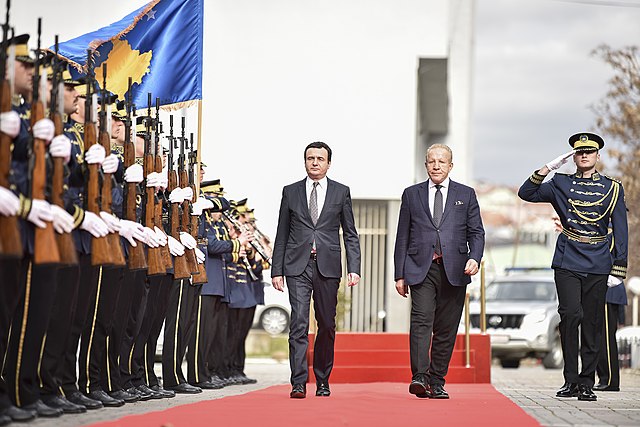
Violence broke out in northern Kosovo last month following local elections in four pro-Serb municipalities. At least 25 UN peacekeeping force soldiers were injured in riots. Several of Kosovo's traditional allies have - most unusually - identified Pristina as the main culprit in the unrest. This article asks five questions about the situation in Kosovo [...]
EU milestones in Bosnia and Kosovo underline importance of European engagement
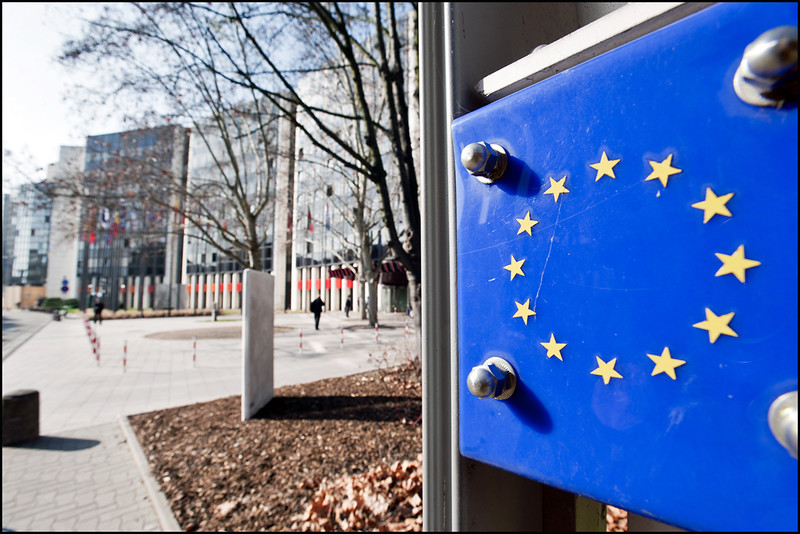
Photo: The European Parliament in Strasbourg, France (Flickr) After a long period of limbo, the war in Ukraine brought a turnaround in European efforts to integrate the Western Balkans into the EU. Bosnia and Herzegovina is the next country to take a step towards EU membership. At the same time, Kosovo is also trying to make a [...]
A concrete perspective is necessary for EU integration of the Western Balkans
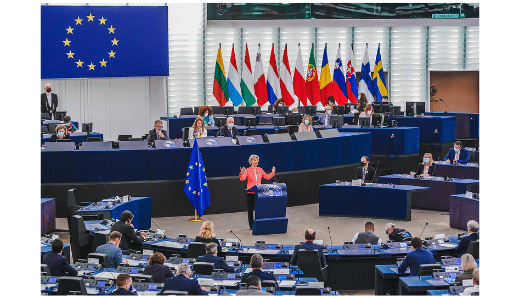
It has been almost 20 years since the EU met in Thessaloniki, Greece, in June 2003 to discuss the integration of the Western Balkans. This included a promise that Albania, Bosnia & Herzegovina, northern Macedonia, Serbia, Montenegro and Croatia would have a clear perspective towards EU membership. After two decades, only Croatia joined in 2013 - the other countries are still in the waiting room, leading to great frustration.
Trump's 'breakthrough' between Serbia and Kosovo
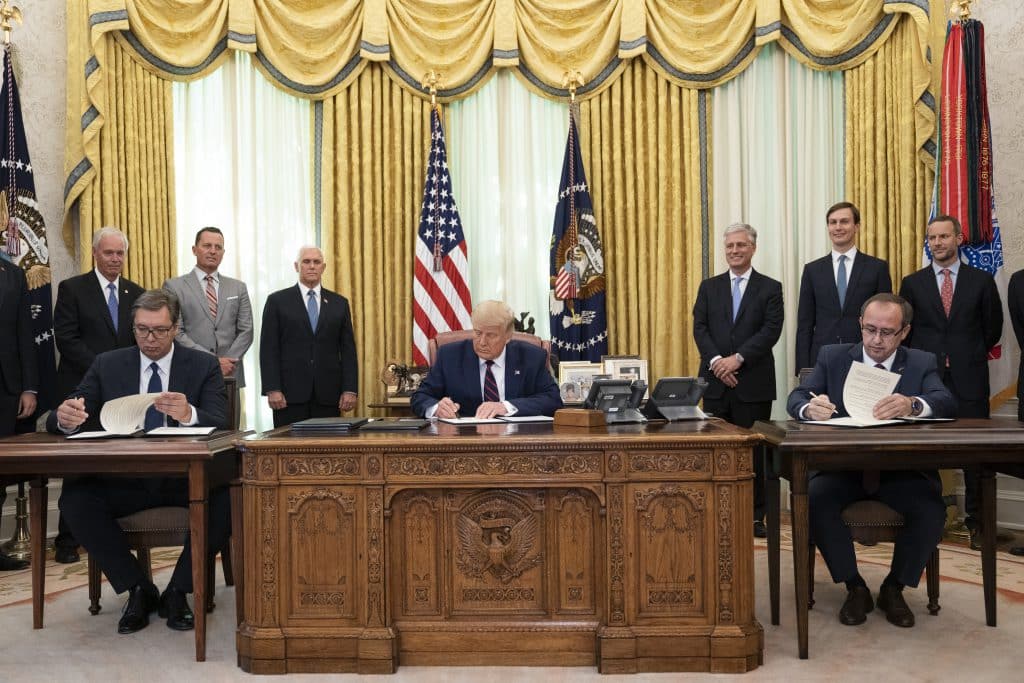
Last Friday, US President Trump announced a breakthrough between Kosovo and Serbia, with an agreement that strengthens ties between the two countries. Since Kosovo's declaration of independence in 2008, the neighbouring countries have had a tense relationship. Serbia refuses to recognise that Kosovo is an independent country, and still sees it as a province of Serbia. For years, attempts have been made - unsuccessfully - to bring the countries closer together. Whether this agreement is really a breakthrough remains to be seen, as its content is not very concrete.
Quarantined democracy: the western Balkans
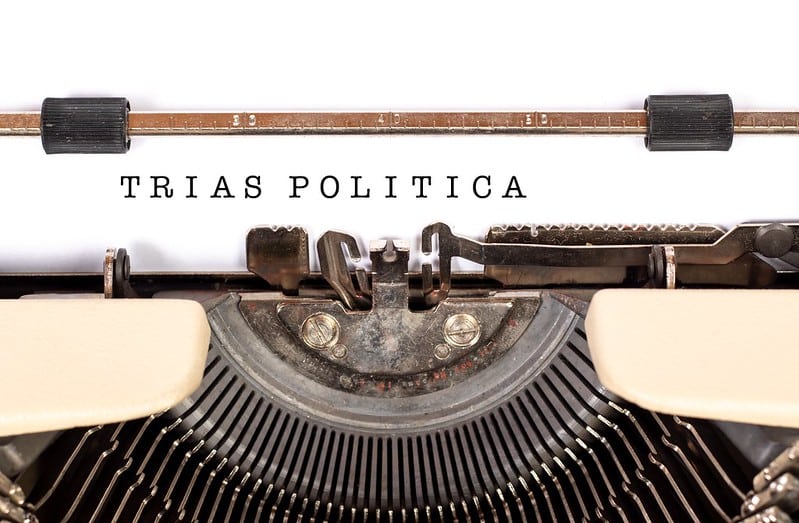
It seems that EU and its neighbours should not quarantine democracy for too long, as the Hungarian parliament passed the coronavirus law on 30 March. A controversial law designed to deal with the corona crisis. This law has no end date for the state of emergency. Prime Minister Orban received a blank check as a result. Based on this law, Orban gains a lot of power. Áll existing laws in Hungary can currently be temporarily set aside or ignored at his discretion. In addition, the Orban government can decide how long the state of emergency should remain in force. As a result, elections and referendums are not possible while the state of emergency continues. The 'Orban law' also poses a risk to journalists as they are accused of spreading 'fake news'. This puts freedom of expression at risk. Serbia and Montenegro also seem to be exploiting the corona crisis to curb media freedom. This poses a major problem for democratic rule of law and freedoms.
Public meeting: 'Young Generations for the New Western Balkans: Beyond Emigration'
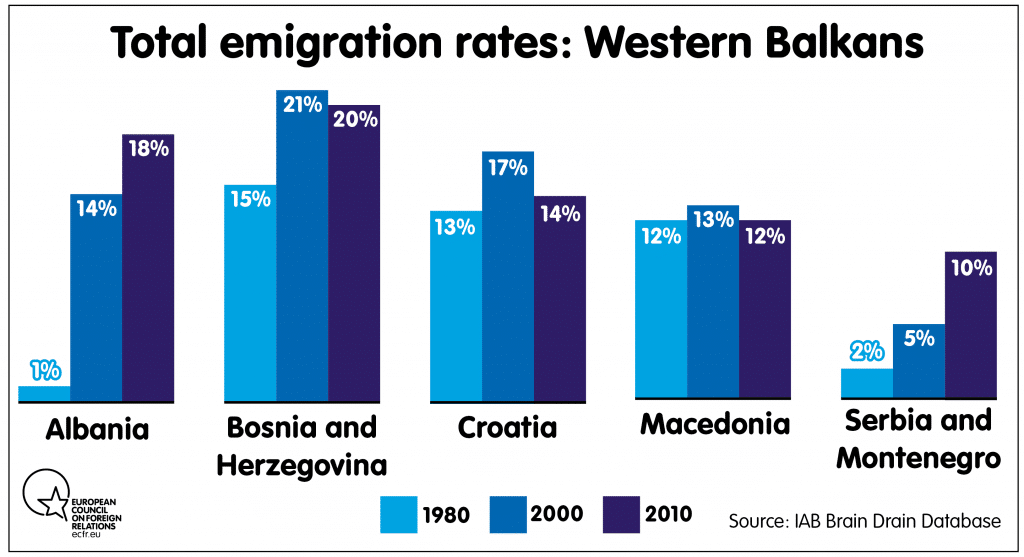
Recent research shows that between 25,000 - 40,000 people are annually leaving each of the Western Balkans countries. Not only young people, but increasingly the middle class as well. A group of young scientist from the region has engaged in a project 'New Horizons for the Young Generations in the Balkans' in order to discuss their visions how to overcome old- fashioned politics and nationalisms and the lack of perspective for younger generations. They will sketch alternative horizons and the look for alternatives for South-Eastern Europe's way beyond emigration. The Hague will be the first place in Europe after Vienna where the results of the mentioned initiative will be presented to the public.
Division of Kosovo on the table?
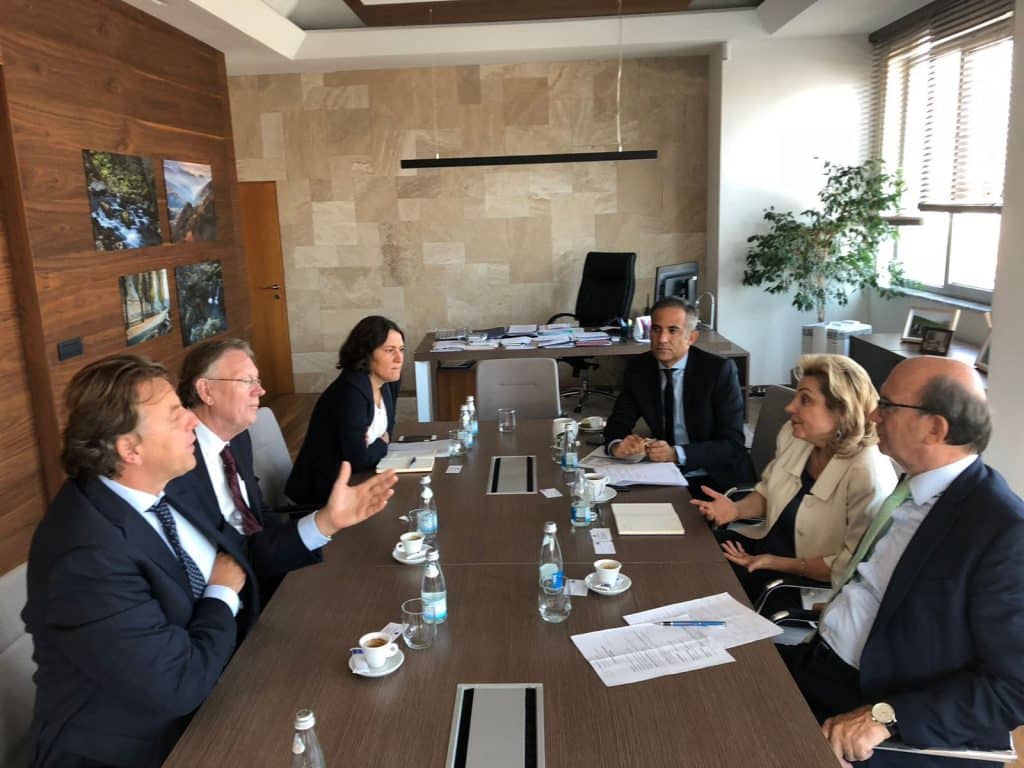
Between the 28th of August and the 2nd of September a delegation of the Dutch Labour Party, Foundation Max van der Stoel and the European Forum for Democracy and Solidarity, headed by Member of the European Parliament Kati Piri, visited EU aspirant countries Kosovo and Macedonia.
Western Balkans expectations on eve of European summit
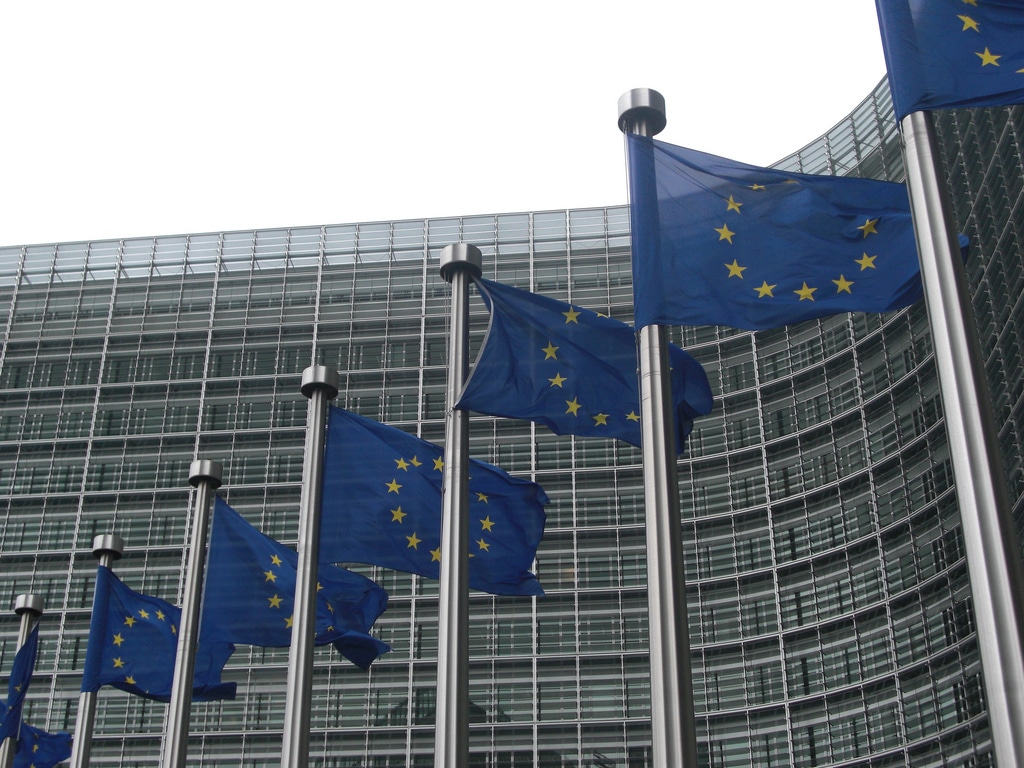
Will we ever be part of the European project? That is the question all Western Balkan leaders are asking as they prepare for the big summit. After French President Macron's statement, no enlargement until the EU itself puts its house in order, last month in Strasbourg, their dreams shattered.
EU's New Enlargement Strategy: Change of Tone

On the 6th of February the European Commission presented its long awaited enlargement strategy for the Western Balkans. Since the State of the Union of European Commission President J.C. Juncker last year, there was a growing momentum for a clearer prospect for accession of Bosnia-Herzegovina, Serbia, Montenegro, Kosovo, Macedonia and Albania to the Union.
Back to the '90s: Serbian politician assassinated in Kosovo
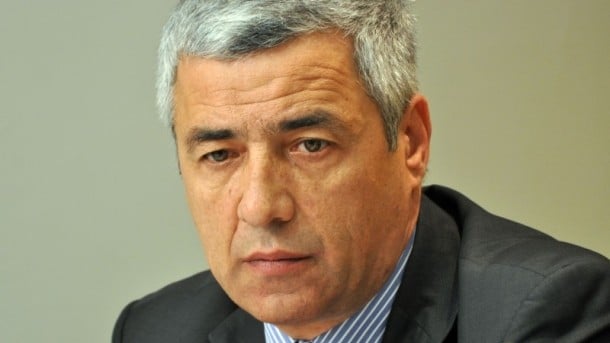
On 16 January, Oliver Ivanović, the main Serbian opposition leader in Kosovo, was shot dead in front of his office. Contrary to reports in some media, this murder most likely had nothing to do with ethnic divisions in Kosovo. Three months ago, I was part of a small European Forum delegation visiting Kosovo and we spoke to Ivanović at his office about the challenges facing Kosovo in the run-up to local elections. How can such an assassination take place in a de facto EU protectorate where European military, judges and officials are supposed to provide security and help build democracy and the rule of law?

